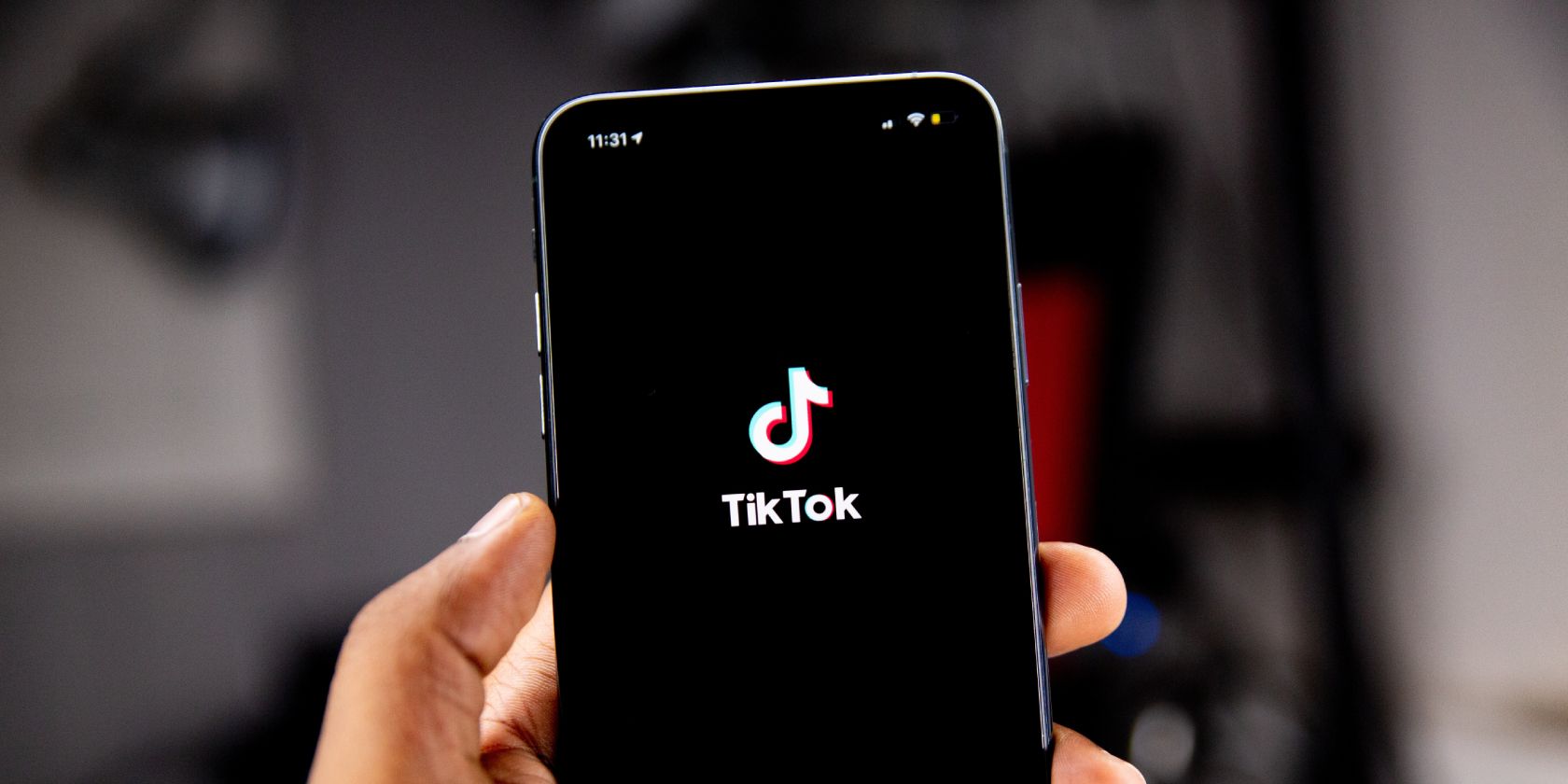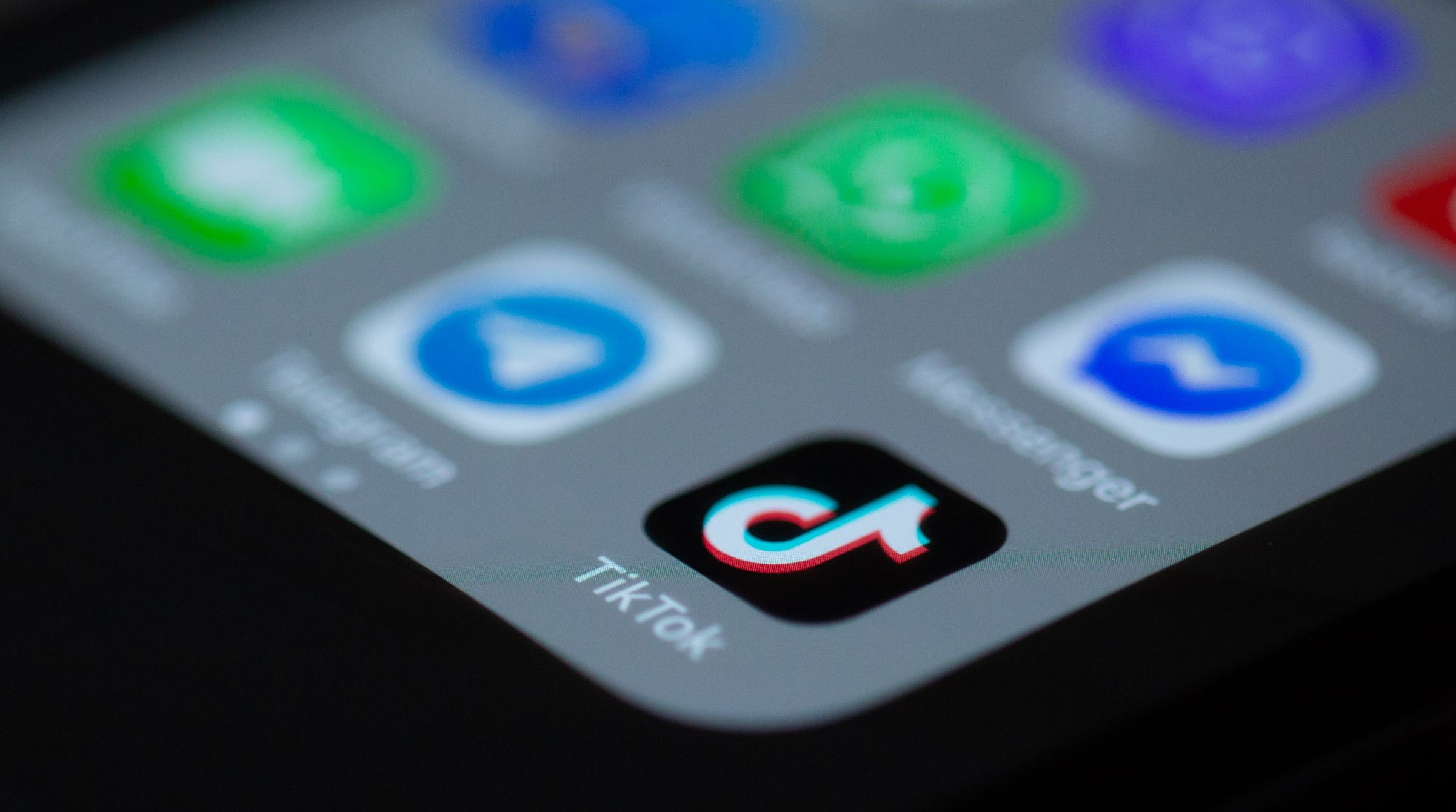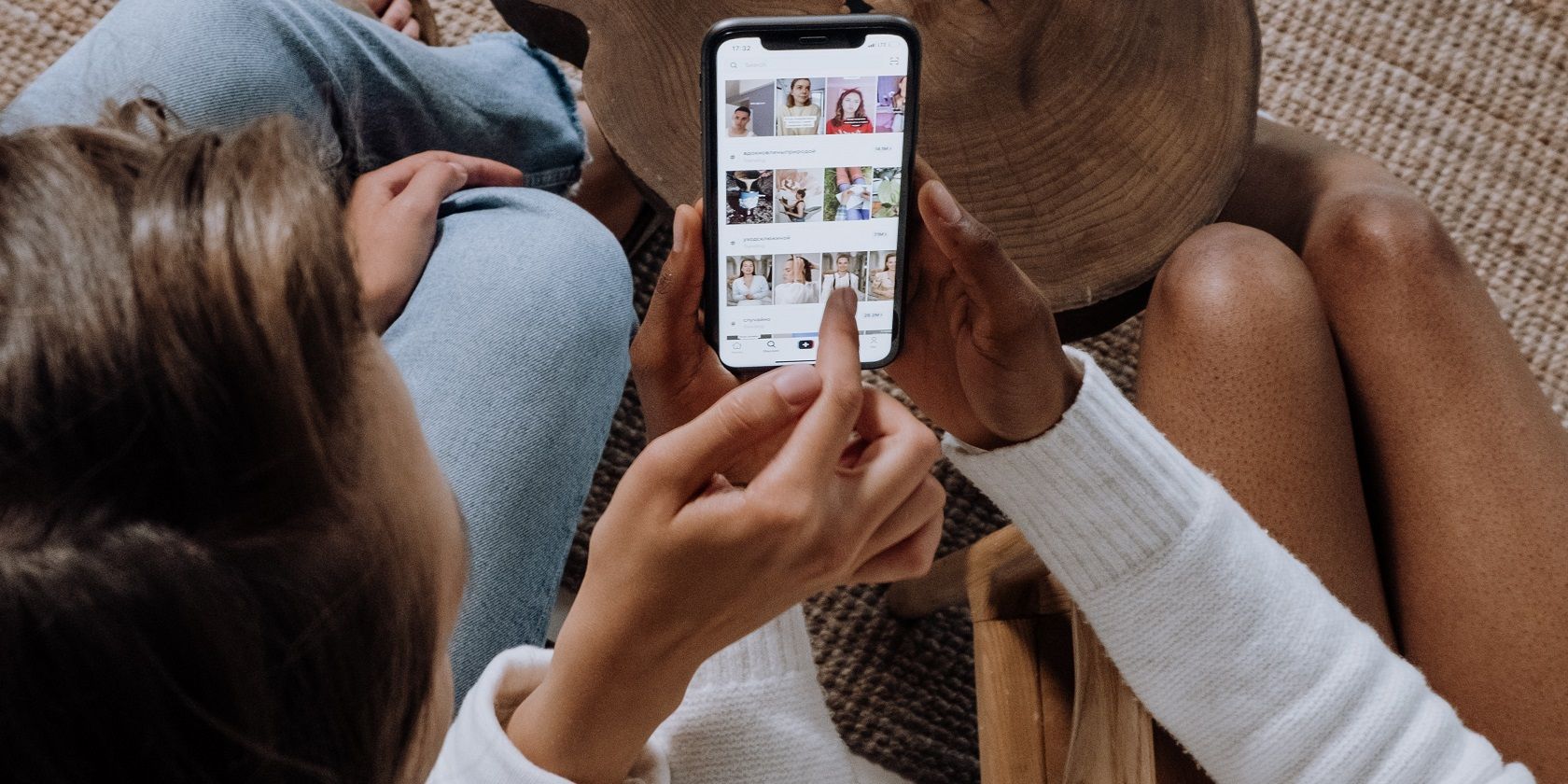Whether you’re looking to keep up with the latest news in a lighthearted way or learn about the latest memes and trends, TikTok's got you covered. But does it have a dark side?
TikTok has been at the forefront of countless rumors of privacy violations and security issues. It was banned in India, and by the US Army and Navy with accusations of national security threats.
But what about using it as an individual? Is TikTok dangerous for people who value privacy and security? Here are a few reasons why TikTok is bad.
Why Is TikTok Dangerous?
Let's start by going over what, exactly, TikTok is.
TikTok is a free app and social media platform that allows users to share short videos ranging anywhere from 15 to 60 seconds. Similar to most proprietary social media networks, TikTok collects user data and information.
It may be a given to accept some level of violation when using free services. However, TikTok is often accused of taking things too far, posing serious security and privacy risks to its users.
That led both private companies and US government departments to ban their employees from installing and using the app on their work devices; so, too, the UK government. And Amazon was one of the first companies to issue the ban to workers, although they soon retracted their decision. But the financial services company, Wells Fargo, didn’t.
What Are the Dangers of TikTok?
So, now two questions remain: what are the dangers of TikTok for the average user, and why is TikTok (potentially) bad? Let's dig in and find out.
1. TikTok Collects a Lot of Data
This might not bother you very much unless you’re a privacy enthusiast, but it should. TikTok’s pursuit of data collection doesn’t stop at gathering your preferences by tracking what type of content you like and share on the app.
In TikTok's privacy policy, it states that the company collects “information you provide in the context of composing, sending, or receiving messages.” Focusing on the use of the word “composing,” TikTok doesn’t just collate data and messages you share using the app, but content you created or wrote but didn’t share.
TikTok also takes advantage of every access permission you give it, collecting information about your phone’s model, screen resolution, current OS, phone number, email address, location, and even contact list. What is TikTok but a data collection platform?
TikTok stores user data in the US and Singapore, but since it’s owned by the Chinese company ByteDance, they are required by law to submit user data if asked. And while it’s important to note that there hasn’t been any clear-cut evidence of TikTok sharing data, at its core, TikTok is a ticking time bomb.
What's more, it has been reported that TikTok collects your data even if you haven't used the app. In an ABC News article published in March, 2023, it was stated that "Webpages associated with everything from airlines and e-commerce sites to technology companies and state and federal governments are riddled with TikTok's trackers called pixels." These pixels are "part of the code that loads into your browser from various websites", according to a Feroot reported quoted by ABC News.
What's really concerning here is that these pixels are said to "immediately link to data harvesting platforms that pick off usernames and passwords, credit card and banking information, and details about users' personal health." In other words, TikTok can collect your data whether you want it to or not.
In the same ABC report, it was also stated that TikTok will continue to collect your data even if you delete the app. Shockingly, it was reported that TikTok will collect and transfer your data to its relevant locations regardless of whether the app has been uninstalled from your device.
TikTok's use of legal loopholes to conduct keylogging is also a huge concern. As reported by CyberGhost, TikTok states that it conducts keylogging for troubleshooting and debugging, but the use of keylogging in any scenario puts user privacy and security at risk. It's also been reported that TikTok's in-app browser can log your keystrokes.
For example, a New York Times article published in 2022 discussed the new set of research which pointed to this security issue. The research, conducted by former Google engineer Felix Krause, concluded that "the development was concerning because it showed TikTok had built in functionality to track users’ online habits if it chose to do so."
All these factors certainly suggest that TikTok cannot be trusted with user data.
2. TikTok’s Littered With Security Vulnerabilities
Over the past few years, security researchers found multiple security vulnerabilities within the TikTok app. And since TikTok has access to a lot of personal information, it became the favorite route for many hackers.
One way hackers take advantage of TikTok is by sending users a text message that allows them to access their accounts.
Another is leveraging the fact that TikTok uses an insecure HTTP connection to deliver videos instead of the more secure option, HTTPS. This allows cybercriminals to manipulate users’ feeds and plant unsolicited content that could be misleading or disturbing, especially to young TikTok users.
3. Other Entities Use TikTok Data
TikTok is a video—and sometimes audio—sharing platform. That means, even if TikTok and ByteDance aren’t pulling user data, others can.
The hundreds of hours of video that individuals upload of themselves are a goldmine for artificial intelligence and machine learning development. That's not necessarily a good thing. Why TikTok is bad comes down to its future dangers, as well as its present ones.
In their current state, facial recognition and deepfake algorithms don’t pose serious threats to everyday users (though their use in fake videos of public figures is concerning). However, with this much high-quality data to use for training, the future could be bleak for individuals, too.
4. Long-Term Repercussions of TikTok
Using TikTok regularly, either as a consumer or content creator, increases your digital footprint. On its own, this poses great risks such as being more prone to phishing attacks and stalking. This is an important reason why you should care about your digital footprint.
But in the future, using TikTok could stand in the way of you working in your chosen field. Take, for example, ones that require a high degree of security, such as high-profile government occupations. Such entities may not be happy if a foreign country has access to highly-personal and detailed information about you, so this is something to consider.
There are also concerns about TikTok's algorithm fueling social media addiction, as it is designed to keep users engaged for long periods. Though this isn't a security or privacy concern, it may pose a risk to personal well-being.
Is TikTok Getting Banned?
In early 2023, talks of permanently banning TikTok within the US began to arise. Considerations have been made about a TikTok ban before, but no official ban has ever been put in place. That may change in 2023.
In March, 2023, the conversation around the ban of TikTok started to intensify, with US congress questioning TikTok CEO Shou Zi Chew on the app's privacy and security levels, as well as its effect on users.
While it seems that TikTok is in hot water, the company's bid to further protect US user data is somewhat reassuring. In a venture named Project Texas, TikTok has allegedly spent $1.5 billion and has employed over 1,500 staff to tighten measures around TikTok US's storage of user data. This doesn't eliminate privacy and security concerns, but may help in mitigating these issues.
Be Careful What You Share on TikTok
When it comes to privacy and security, TikTok is transparent with what data it collects. Still, when using an app or service, remember that privacy policies and security regulations could change at any moment, leaving your data exposed and your device vulnerable.
You should avoid over-trusting and over-sharing with apps that don’t value security and privacy from the get-go.




